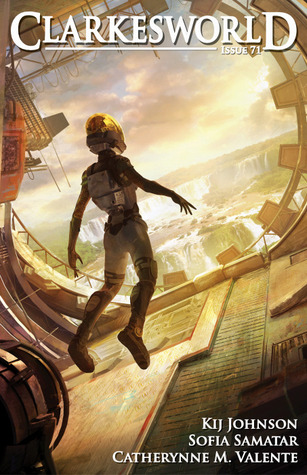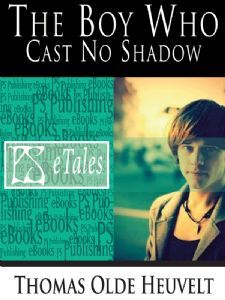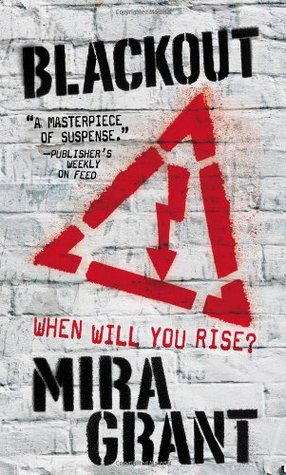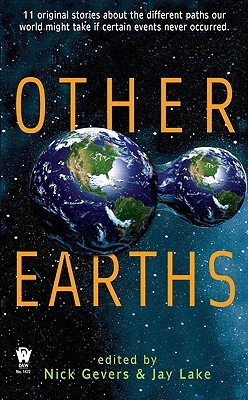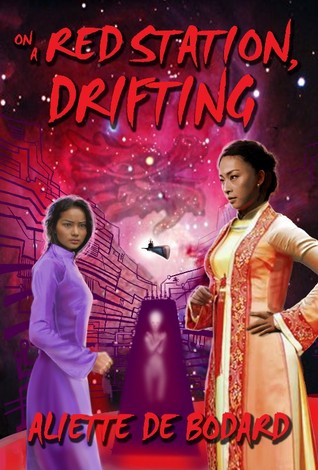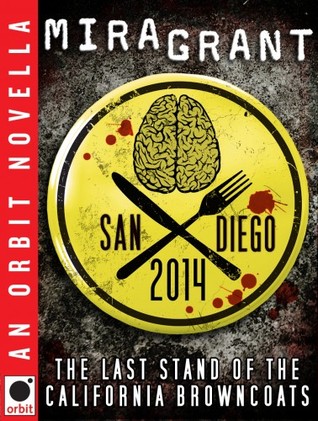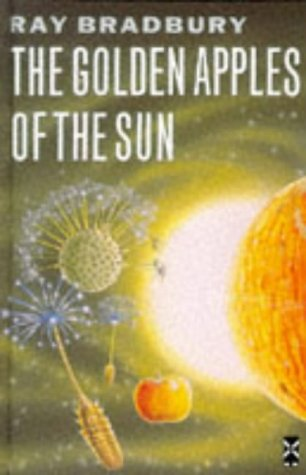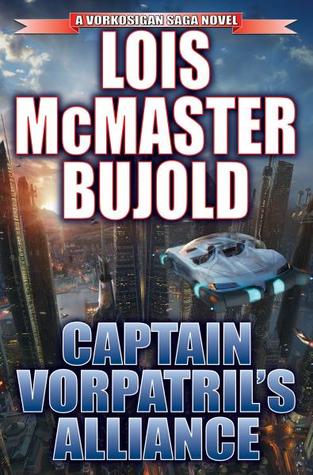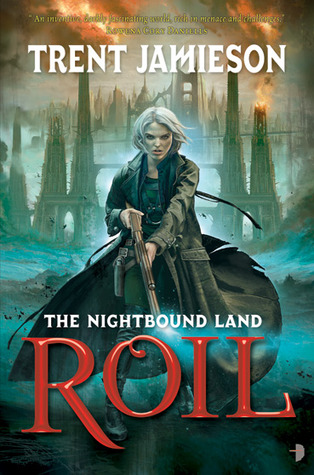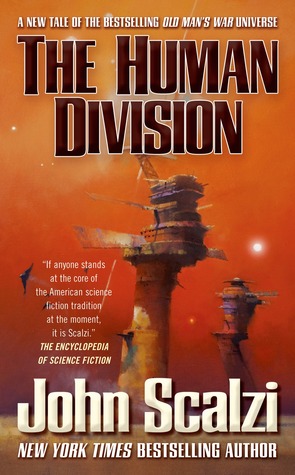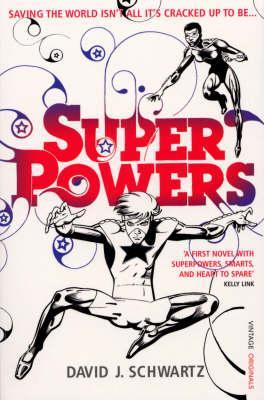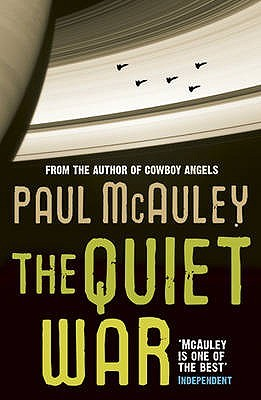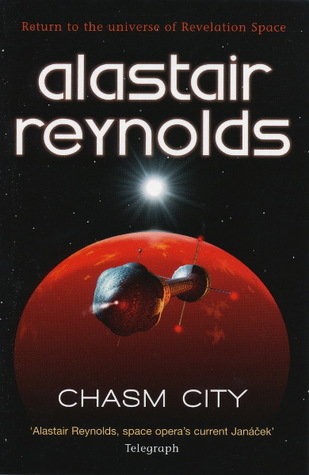
Whoa, so Guy Haley has a new novel out, and my library inexplicably has it in stock not two months after its release. Kudos to my library for whatever motivated that purchase. Thanks to my Angry Robot Books subscription, I discovered Haley through Reality 36 and its sequel, Omega Point, two mysteries set in a future where strong AI has become a fact of life. In Crash, Haley takes a slightly different approach…


